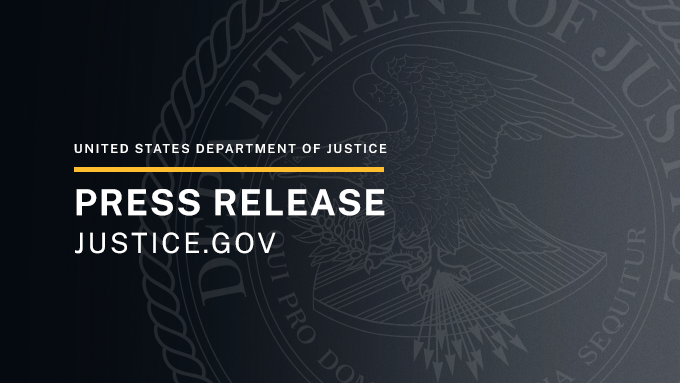Kimberly-Clark, the U.S.-based multinational known for its consumer and personal care products, has agreed to pay up to $40.4 million to settle a criminal charge connected to its sale of contaminated MicroCool surgical gowns.
The case has put a spotlight on the company’s practices and raised serious concerns about patient safety in healthcare.
Justice Department Calls Out Corporate Misconduct
“Kimberly-Clark betrayed the trust placed in it by consumers and healthcare providers when it chose to defraud the FDA and bring adulterated surgical gowns to market for its own financial gain,” said Acting Assistant Attorney General Matthew R. Galeotti of the Justice Department’s Criminal Division.
He emphasized that the $40 million settlement shows the government’s commitment to holding companies accountable for actions that jeopardize the healthcare system.
Assistant Attorney General Brett A. Shumate of the Civil Division added, “Companies that sell medical products cannot misrepresent the safety and quality of those products.
The Department of Justice will continue to vigorously enforce laws that protect patients and medical professionals.”
The Charges Against Kimberly-Clark
The criminal information, filed in U.S. District Court in the Northern District of Texas, charges Kimberly-Clark with introducing adulterated surgical gowns into interstate commerce with the intent to defraud and mislead.
Court documents allege that an employee conducted fraudulent testing to bypass submitting a premarket notification to the FDA after changes were made to the MicroCool gowns.
Premarket notifications are designed to demonstrate that a medical device is as safe and effective as an already approved product.
Instead of following the proper FDA process, Kimberly-Clark sold the altered gowns claiming they offered the highest level of protection against fluids and viruses.
Settlement Terms and Penalties
Under the deferred prosecution agreement, Kimberly-Clark will pay up to $40,400,000, which includes a $24.5 million monetary penalty, $3.9 million in forfeited profits, and up to $12 million in victim compensation.
This agreement resolves the criminal investigation under the Federal Food, Drug, and Cosmetic Act (FDCA).
Understanding Surgical Gown Standards
Surgical gowns sold in the U.S. are regulated by the FDA and must meet standards set by ANSI and AAMI, specifically the ANSI/AAMI PB70 standard.
Established in 2003 and updated in 2012, this standard rates surgical gowns from Level 1 to Level 4, with Level 4 reserved for high-risk medical procedures involving patients with infectious diseases.
To earn this rating, gowns must prevent fluid penetration in critical zones such as sleeves, ensuring protection against blood-borne pathogens.
How Kimberly-Clark Misled the FDA
As part of the agreement, Kimberly-Clark admitted that an employee intentionally directed the preparation of test samples that failed to meet AAMI Level 4 requirements.
Between late 2013 and late 2014, the company sold millions of MicroCool gowns labeled as Level 4, without filing a new premarket notification.
The total sales of these adulterated gowns amounted to around $49 million, both domestically and internationally.
Compliance and Cooperation Moving Forward
Kimberly-Clark has agreed to continue cooperating with the Justice Department, reporting any potential violations of the FDCA.
The company will also strengthen its compliance program and submit regular reports detailing its internal controls, policies, and remediation efforts aimed at preventing future violations.
Government Considerations in Reaching Settlement
The Justice Department factored in the seriousness of the offense, Kimberly-Clark’s failure to self-disclose in a timely manner, and the company’s cooperation during the investigation.
Additionally, Kimberly-Clark had ceased manufacturing surgical gowns after spinning off its healthcare division in 2014 as Halyard Health, which later became Avanos Medical.
The investigation did not find evidence of patients suffering physical harm due to the misbranded gowns.
Investigators and Legal Teams
The criminal investigation was conducted by the FDA’s Office of Criminal Investigations.
The case was prosecuted by Trial Attorneys David Gunn, Max Goldman, and Amanda Kelly from the Civil Division’s Consumer Protection Branch, alongside Jacob Foster, Acting Chief of the Criminal Division’s Health Care Fraud Unit.
The Criminal Division’s Fraud Section oversees the investigation and prosecution of health care fraud cases. More details on their enforcement efforts are available at Justice Department Health Care Fraud Unit.



